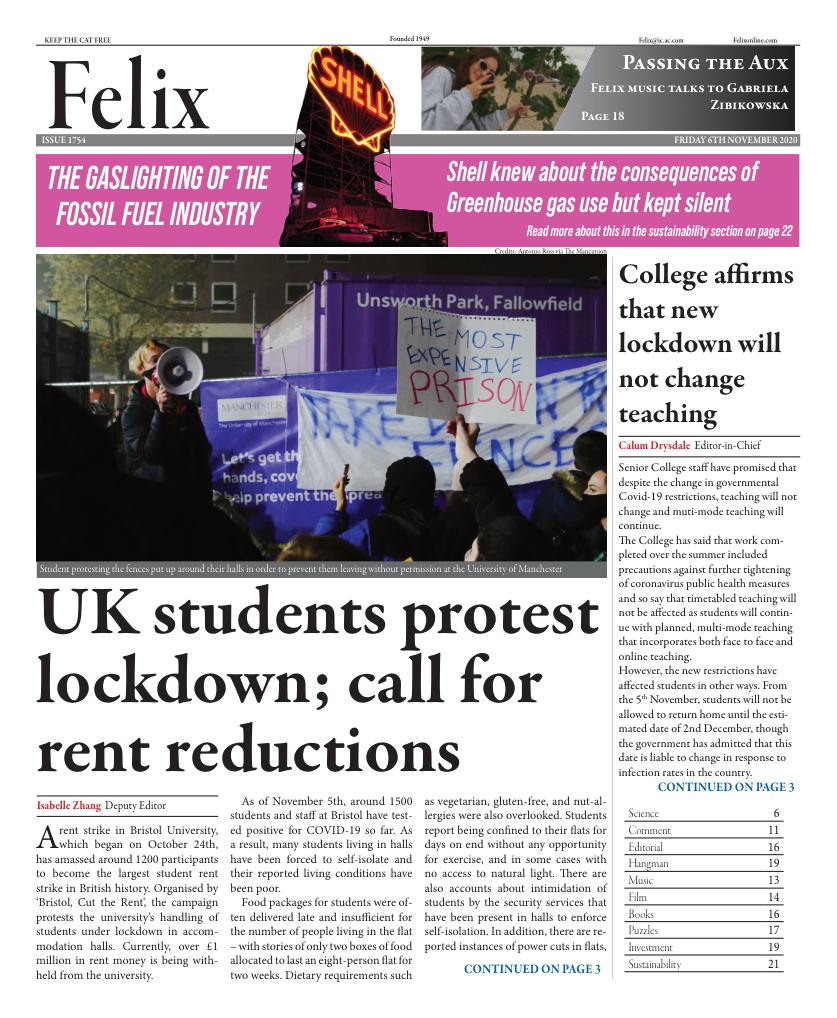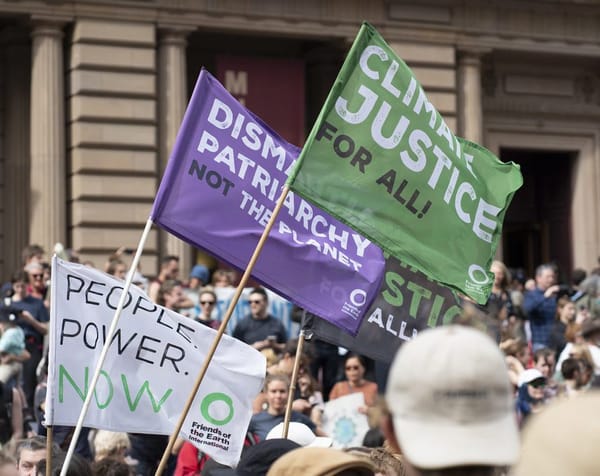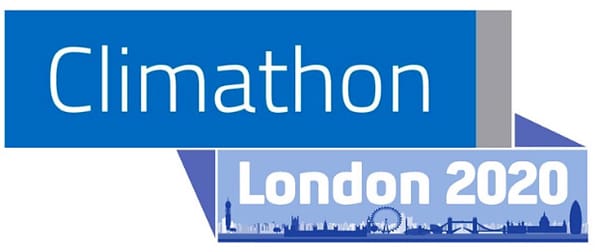Shell loves to gaslight us

On the 2nd of October 2020, Shell (that big energy company) tweeted to its 550,000 followers, ‘What are you willing to change to help reduce emissions?’ with an attached poll for people to choose between 1) Offset emissions 2) Stop flying 3) Buy electric vehicle 4) Renewable electricity. This poll sparked outrage on Twitter from environmentalists, scientists and activists alike, including big-names Greta Thunberg, Alexandria Ocasio-Cortez and the Rainforest Action Network.
In an attempt to maintain their social standing, Shell hid some of the replies from the Twitter thread. One popular response that was hidden by Shell was from climate scientist Professor Katharine Hayhoe, ‘What am I willing to do? Hold you accountable for 2% of cumulative global GHG [greenhouse gas] emissions.’
Shell has produced 1.7% of all greenhouse gases emitted since 1988. This percentage may seem small, but this is just from one corporation. There are many other corporations, just like Shell. When we put these corporations together, we get the horrifying statistic of 1/3 of all carbon dioxide emissions being produced by only 20 companies.
In a follow-up tweet, Shell stated that ‘Changing the energy system requires everyone to play their part’, trying to shift the accountability onto the consumers and spread the blame across us all a whole body. This is pure manipulation of the reality that Shell and other fossil fuel companies have created over the past couple of decades.
SHELL KNEW THAT BURNING FOSSIL FUELS WOULD CAUSE GLOBAL WARMING IN THE 1980S, BUT THEY WENT AHEAD ANYWAY KNOWING THE HARM IT COULD CAUSE FOR PEOPLE AND THE PLANET
Shell knew in the 1980s that the burning of fossil fuels would lead to global warming. In 2018, a 1988 confidential Shell report was unveiled. This report highlighted the mechanism in which using fossil fuel as energy would create sea level rise, habitat losses, destruction of ecosystems and the melting of the Antarctic. It also highlighted how pursuing this industry would cause changes greater than ever recorded, and I assume they would have been able to predict the disproportionate effects on people living in the Global South from such changes. Yet, Shell still went ahead and risked the health and the environment all in the name of profit and ‘development’.
The media have not ignored their role in ecocide, but Shell continues to greenwash (make themselves appear more environmentally responsible by sharing disinformation) their mission. For example, Shell claims that ‘they are part of the solution to transitioning’ to net-zero carbon dioxide emissions by 2050, while at the same time they refuse to take responsibility for the harm that they have caused across the globe.
According to a report from Influence Map, since 2015, the corporations Shell, Chevron, ExxonMo b i l and Total have spent more than $1 billion on misleading climate messaging and lobbying. Furthermore, this kind of manipulation is not a new marketing strategy; it is something integral for the survival and profitability of their extractive business. In 2007 Shell ran an ad declared misleading by the Advertising Standards Authority, with the slogan ‘We invest today’s profits in tomorrow’s solutions’ for the advocating of their oil sands project in northern Canada as a sustainable energy project.
Even worse, in 1991, Shell produced a documentary called ‘Climate of concern’ showing the effects of fossil fuels. But at the same time Shell has been lobbying against global warming since the early 90s.
Additionally, Shell claims that human rights are central to its business. However, this is the same company that turned the Niger Delta into a disaster area, was complicit in the murder of Ken Saro Wiwa, and polluted Curaçao’s waters. Amnesty International is calling for Shell to be held accountable for their crimes.
All of this goes to show how Shell cannot greenwash on Twitter and get away with it. We do have power in holding big oil companies accountable, and we should continue to use it. Shell cannot be trusted as a responsible corporation when it consistently opposes accountability and believing than ‘Profits and Principles’ can go hand in hand.
This is an important topic of concern for all Imperial students considering that Imperial invests in Shell and has a valued relationship with them.







